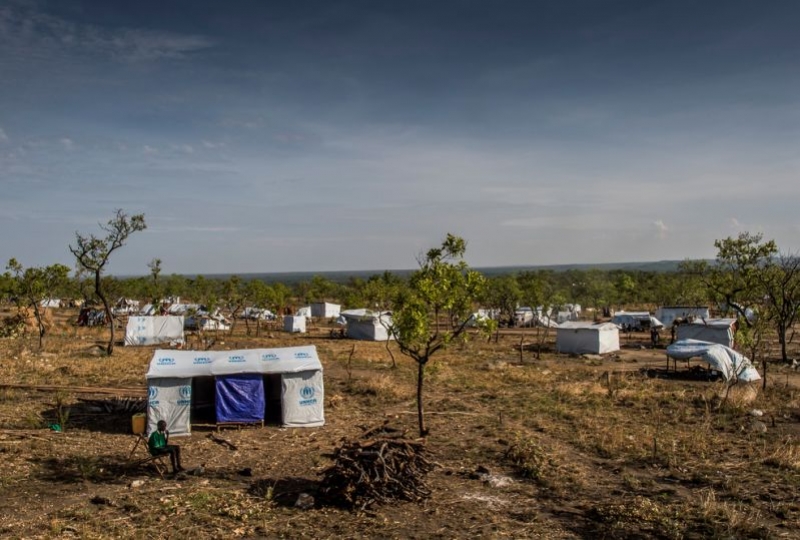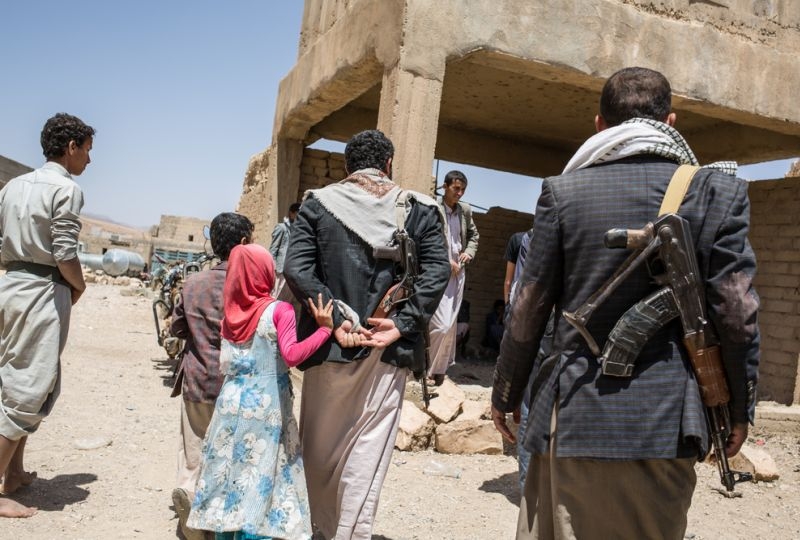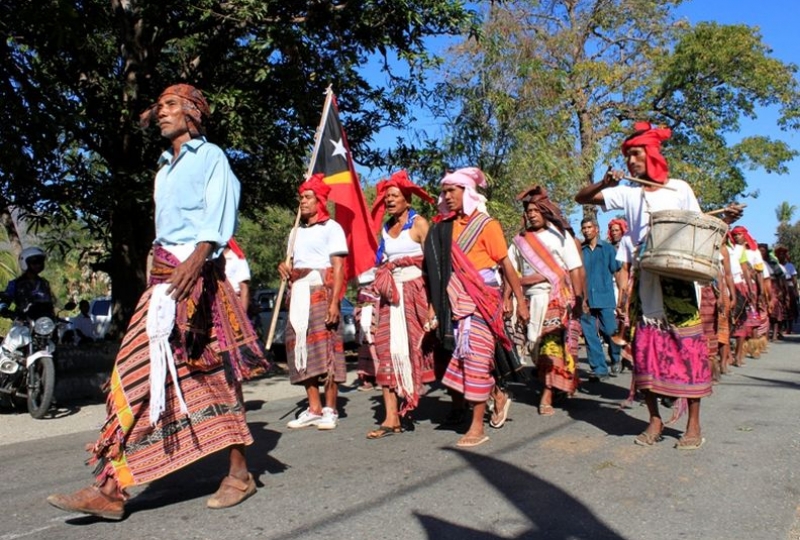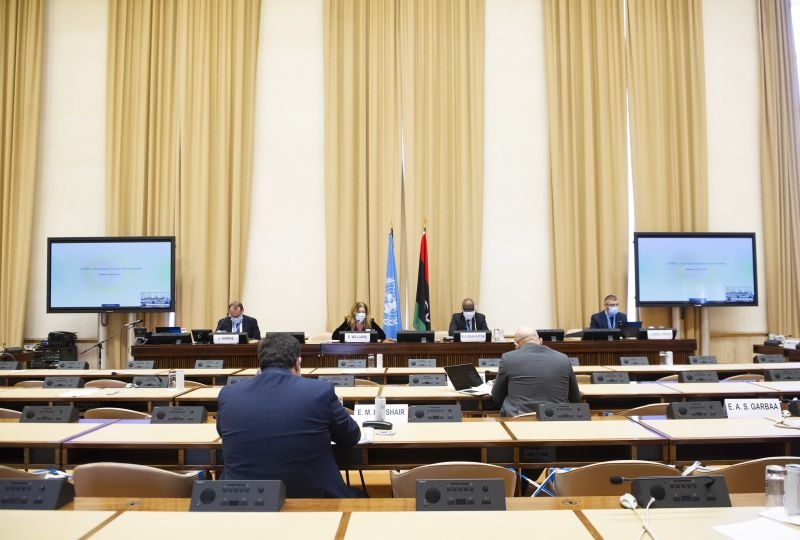The 30 MTJ papers address specific transitional justice (TJ) issues and challenges as well as specific TJ situations in 15 different countries.
Several students explore in their papers the complexity of peace processes from the angles of refugees’ and women with disabilities’ participation, their digitalization, or negotiation with armed groups and so called ‘terrorist’ organizations. Other topics include the implementation of truth commissions’ recommendations, reconciliation as a key TJ objective, TJ and environmental justice, the role of custom in TJ or reparation for violations committed by extractive industries in armed conflicts.
A majority of papers explore TJ questions arising at the local level – peacebuilding and social media, counter-terrorism measures and TJ, mental health and TJ, or the cooperation with organized crime groups in the search of the missing – in Afghanistan, Bosnia, Colombia, Ethiopia Hungary, India (Jammu and Kashmir), Kosovo, Mexico, Myanmar, Palestine, the Philippines, Sierra Leone, Sri Lanka, South Africa, or the United States.














